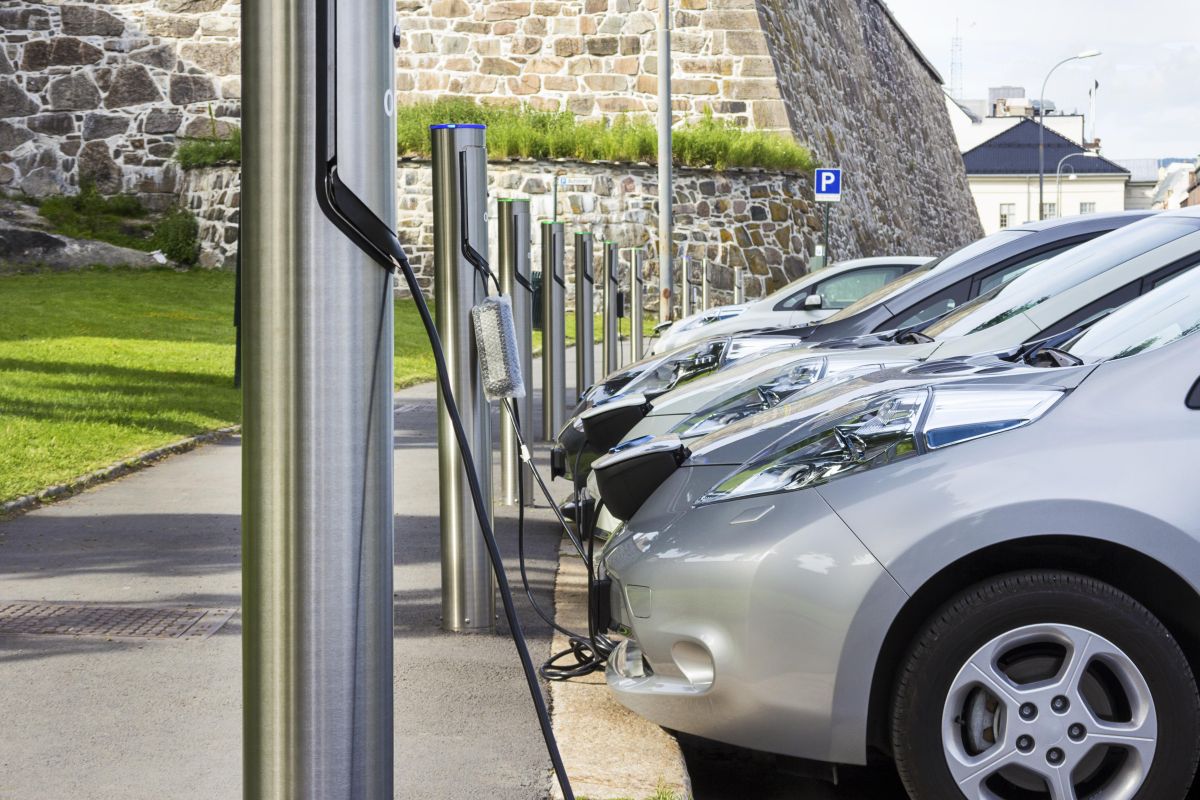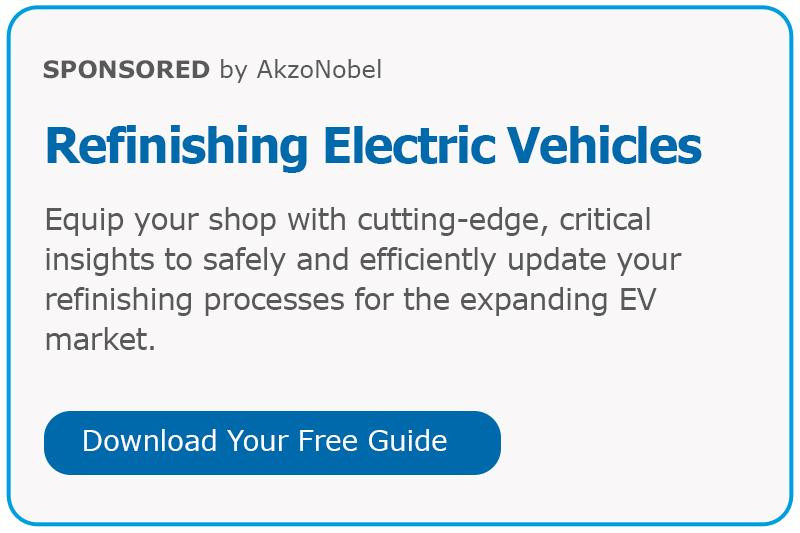Virginia Gov. Glenn Youngkin declared the state will no longer follow California's stringent electric vehicle (EV) mandates, starting next year, a significant policy shift in Virginia's approach to vehicle emissions and green energy initiatives.
“Once again, Virginia is declaring independence -- this time from a misguided electric vehicle mandate imposed by unelected leaders nearly 3,000 miles away from the Commonwealth,” Youngkin said in a statement.
The governor's announcement comes amid ongoing efforts to distance the state from the green energy mandates established by the prior administration.
Earlier this year, Youngkin urged state lawmakers to repeal the 2021 law that tied Virginia's vehicle emissions policies to California's. However, the bill failed to advance due to the Democratic majority in the General Assembly.
Despite the setback, State Attorney General Jason Miyares issued an official opinion supporting the governor’s stance. “Virginia is not required to comply with expansive new mandates adopted by the unelected California Air Resources Board (CARB) set to take effect Jan. 1, 2025,” Miyares confirmed.
During a press conference June 5, Youngkin emphasized the importance of state autonomy in policy-making. “I have the privilege of announcing once and for all the California electric vehicle mandate in Virginia. The idea that governments should be telling Virginians what kind of car they must drive is just simply wrong,” he said.
Federal law offers states a choice between adhering to federal vehicle emissions standards or adopting California's stricter regulations. In 2021, under a Democratic governor, Virginia passed the Virginia Clean Economy Act, committing to a green energy transition by 2050, and aligned its EV policies with California's. California has mandated all new car sales be zero-emission vehicles by 2035 and imposes penalties on non-compliant automakers.
Republicans in Virginia have consistently opposed these mandates but faced challenges in overturning them legislatively. Miyares identified a legal provision that could allow Virginia to opt out. “Virginia’s air pollution control board has never approved, never adopted these ACCII (Advanced Clean Car Program II) regulations and because there was an explicit sunset provision placed on ACCI, it expires on Dec. 31 of this year,” Miyares explained.
He further noted the permissive language in the Virginia law regarding ACCI permits the state to abandon California’s clean cars policies by 2025. “I can reach no other conclusion as the attorney general of Virginia that the provisions tying us to California ACCII are no longer operable and yes, Virginians, yet again, have consumer freedom,” Miyares said.
Republican leaders have expressed strong support for the move.
“Virginians, not unelected bureaucrats in California, should be able to choose the cars that fit their families' needs,” Republican Senate Majority Leader Michael McDougle posted on X. Del. Nick Freitas, R-Culpeper, also voiced his approval, calling the previous mandate one of the “most ridiculous policy decisions forced on Virginians.”










